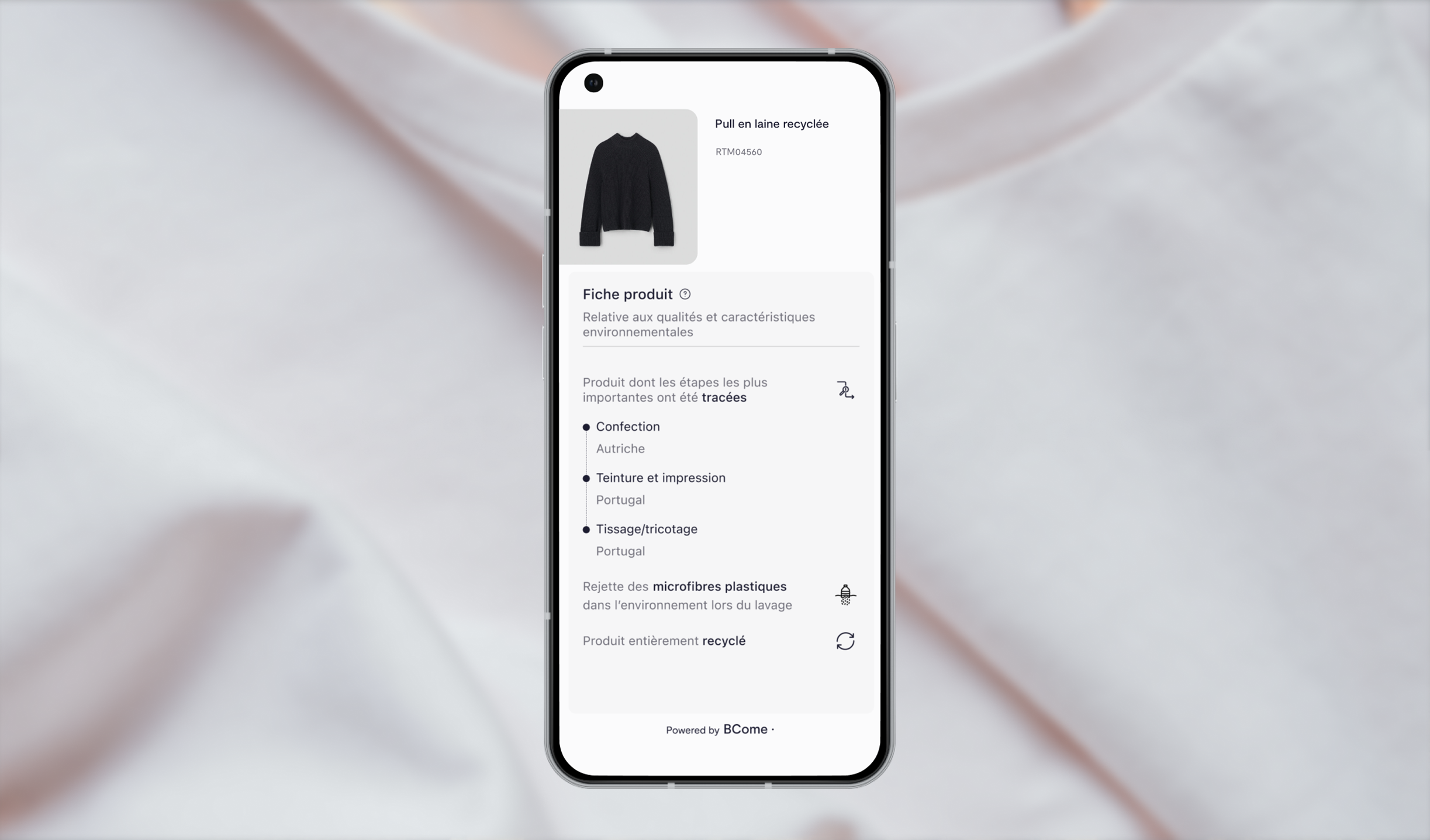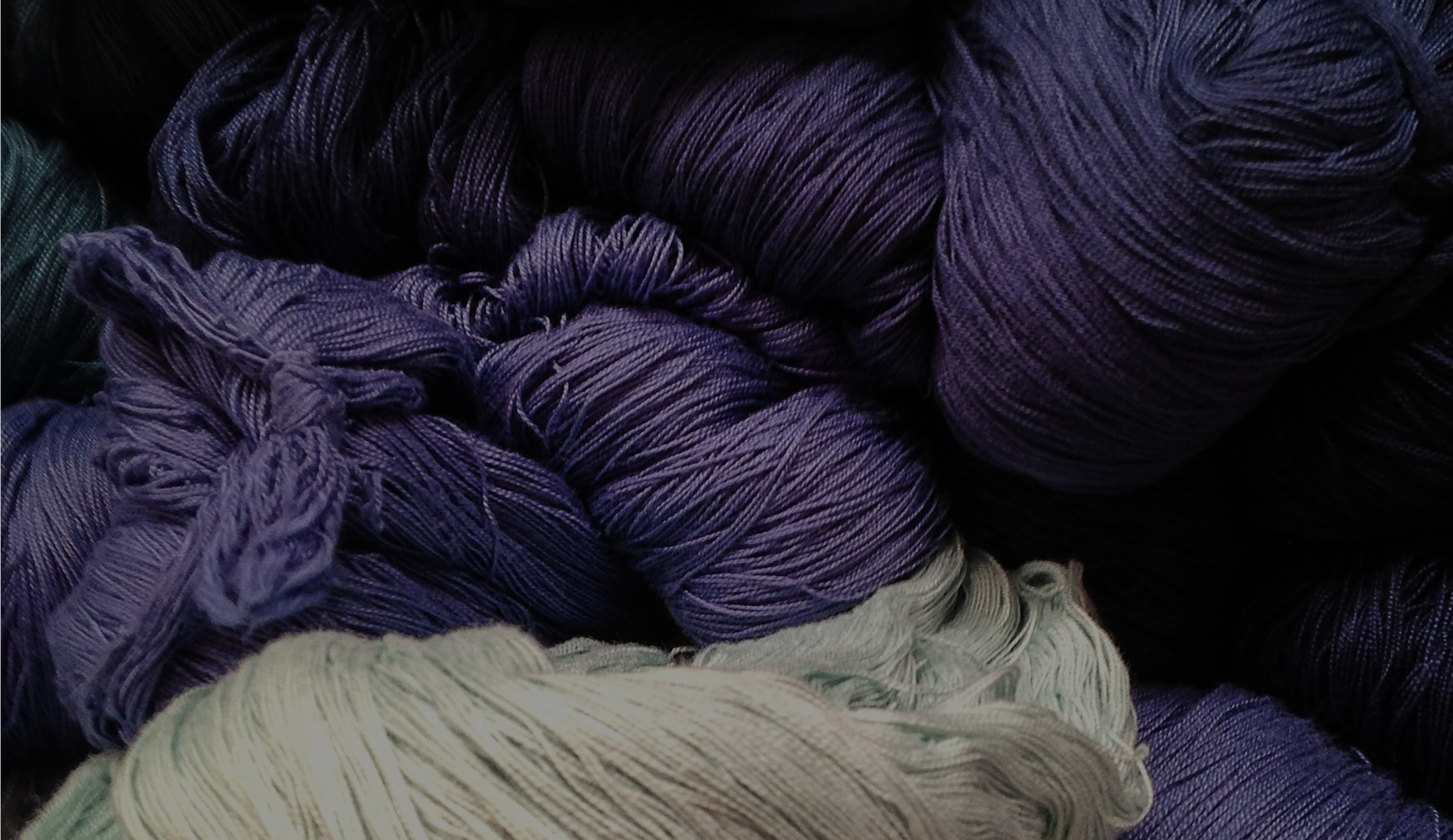Harsh criticism of the fashion industry for its high impact on the planet and society has led to the promotion of more sustainable practices within the sector. With the aim of standardizing and guaranteeing the evolution towards a more responsible scenario, the European Union has remained at the forefront of this movement in recent years, introducing a series of regulations aimed at promoting sustainable production and consumption. In this article, we will explore some of the key questions that were answered during our latest “Webinar for the future of fashion: Key action topics for EU sustainability regulations”. At BCome we want to provide you with practical information on how to navigate these regulations without losing focus on building a more sustainable and responsible fashion business.
Below, we’ll answer some of the most common questions you’ve probably asked yourself as a fashion industry professional when researching how to approach current and future regulations related to sustainability. We invite you to continue reading to clear all your doubts.
Do I have to comply with the regulations even if the initiatives do not affect companies of my size?
All sustainable regulations will end up being mandatory for fashion businesses in the coming years
The short answer is yes. With the exception of micro-businesses, those with fewer than 10 employees, all sustainable regulations will end up being mandatory for fashion businesses in the coming years.
Depending on the size of your company and the legislation, these regulations will affect you at different times. Without going any further, in the case of the French AGEC law, companies with a turnover of more than 50 million euros that sell products in France already have to comply with the established requirements. However, as of January 1, 2024, the law will also begin to apply to companies whose annual turnover exceeds 20 million euros.
Another example regarding the gradual application of these regulations is the Corporate Sustainability Reporting Directive (CSRD). Starting next January, it will be mandatory for all listed companies that meet 2 of these 3 criteria: revenue of more than 40 million euros, total assets of more than 20 million euros or more than 250 employees. However, from 2026, it’s expected that the rest of the companies will be able to apply the directive.
The gradual application of legislation offers important opportunities for brands in terms of improving their social, environmental and financial impact
Regardless of whether or not these regulations directly apply to your business, we recommend starting to address them as soon as possible. The gradual application of legislation offers important opportunities for brands in terms of improving their social, environmental and financial impact. Anticipating compliance will allow you to achieve a competitive advantage over businesses that postpone their performance based on the deadlines set by the European Union.
What are the biggest challenges for fashion companies as sustainability-related legislation is implemented?
Without a doubt, one of the biggest challenges for textile companies is to ensure compliance with these regulations while maintaining profitability. Sustainable materials and production processes are often less economical, which can put smaller companies at a disadvantage. However, we must not forget that there are also opportunities for cost savings in areas such as waste reduction and energy efficiency.
The second biggest challenge facing the fashion industry is related to the collection and reporting of data required by regulations, such as key information on the different stages of the supply chain or the features of the materials used in textile products. This process may require the investment of a lot of time and resources, therefore, it’s essential to trust partners like BCome that have the necessary tools to guarantee correct, fast and accurate compliance with regulations.
How will sustainable regulations be enforced in the fashion industry and who will take care of it?
In general, national authorities are responsible for inspecting documentation provided by companies and enforcing EU regulations within their jurisdiction. In addition, they can count on the collaboration of different organizations to supervise compliance with these initiatives according to the regulation. For example, in the case of the Ecodesign Regulation, national authorities will be responsible for enforcing the regulation, however, the European Commission will also have an important role in monitoring the effectiveness of the regulation and proposing revisions if necessary.
The Digital Product Passport will also make available to the Market Surveillance Authorities (MSA) and possibly the customs authorities, the relevant information of the item in digital format. This seeks to ease the verification of compliance and improve the efficiency of the application by the member states of the European Union.
What are the expected requirements of the Digital Product Passport?
The Digital Product Passport (DPP) is a new tool proposed by the European Commission that aims to provide consumers and authorities with comprehensive information on the environmental impact and other sustainable aspects of items. The DPP is expected to contain information such as the materials used and their environmental impact, energy efficiency, water consumption throughout the product value chain, durability and repairability, as well as end-of-life options for the item, including recyclability and disposal.
The DPP will be a key component of the Sustainable Products Initiative, which aims to make products sold in the EU more sustainable throughout their life cycle. This initiative will focus on ensuring that items are designed with eco-design principles in mind, that they are manufactured using sustainable practices, and that they can be recycled or disposed of in a more responsible way.
The DPP is expected to offer different benefits for both businesses and consumers
To ensure consistency with this new legislation, the European Commission will also review the Textile Labeling Regulation, which requires textiles sold in the EU to include fiber composition and indicate any non-textile elements of animal origin. As part of this review, the European Commission may consider expanding the scope of the regulation to include other information related to the sustainability of the item, such as the use of hazardous chemicals and the carbon footprint of the product.
The DPP is expected to offer different benefits for both businesses and consumers. For companies, the DPP will help improve transparency and traceability throughout the supply chain, allowing them to make more informed decisions about the materials used as well as the processes. This will also help textile businesses to improve their sustainability credentials and reduce their environmental impact.
For consumers, the DPP will provide a wealth of information about the items they purchase, allowing them to make more informed decisions. By providing information about a product’s environmental impact, consumers will be able to compare items based on their sustainability data and choose products that are aligned with their values.
Is BCome aligned with the new requirements of the Green Claims Directive?
That’s right, BCome currently helps more than 50 companies in the fashion industry, including brands, suppliers and marketplaces, substantiate their sustainability claims and effectively communicate their impacts and good practices, without the risk of unintentional greenwashing.
As required by the directive, we provide third-party verification for environmental claims, which includes the application of standardized methodologies for measuring environmental impact, such as ISO 14040 and 14044 standards in Life Cycle Assessments, as recommended by the EC.
If you want to know more about how your company can comply with the Green Claims Directive, we invite you to read our article “Legislation says no to greenwashing. Learn how to communicate in compliance with green claims law”.
How to comply with the sustainability regulations in France related to product labeling?
In order to comply with French sustainability regulations related to product labeling, fashion companies need to ensure that they provide detailed information on certain aspects of their products’ composition, geographic origin and environmental impact.
AGEC regulation require fashion companies to provide clear and transparent information about their products to ensure that consumers are informed and can make more conscious purchasing decisions. BCome allows companies to centralize all required data, allowing them to present this information in a clear and transparent way to consumers.
If you want to learn more about the requirements established by the AGEC law and how your fashion business can ease its compliance, be sure to read our article “Simplify AGEC compliance with BCome: The easy solution for fashion companies”.
What is the best system to start with sustainability reporting?
We recommend that you start with the traceability of your supply chain in order to implement a correct Life Cycle Assessment of your products. This system will provide you with a global description of the impact of each product and will contextualize those impacts in each of the stages of the supply chain.
These two processes, traceability together with LCA, will be essential to comply with the new regulations, since they will give an overview of the environmental footprint of the articles and help to understand where and how to improve it. Implementing these processes also entails the start of a dialogue between the company and suppliers, with the aim of improving the sustainable performance of the collections and guaranteeing the resilience of your business by identifying risks and opportunities.
What are the biggest challenges for fashion companies as sustainability legislation comes into force?
There is a wide range of challenges for textile companies, depending on their size, resources and business model. These challenges include mapping out the supply chain, shifting to more sustainable products, and implementing a new business model that reflects the reality of our environment.
Companies with little knowledge of their traceability, transparency or sustainable practices will need to quickly improve not only their assessment and communication, but also the sustainable performance of their products.
Compliance with regulations won’t be enough for sustainable brands to maintain their competitiveness
For smaller companies, it can be difficult to compete on the same level as the big ones. However, the fact that the large ones are the first to be affected by these regulations can give a competitive advantage to the smaller ones, since they will have more time to adapt, measure and improve, allowing them to stay in line with the requirements and improve its position in the market.
Brands that only appear to be sustainable or are relatively sustainable will soon cease to be considered as such, as they are simply complying with the law, leaving them in a less sustainable position compared to many of their competitors. Therefore, compliance with regulations won’t be enough for sustainable brands to maintain their competitiveness. However, companies that are truly sustainable have great opportunities ahead as the value of their commitment becomes increasingly important and they will be able to compete on a level playing field as companies will no longer be able to make unsubstantiated green claims.
How can fashion companies prepare for new sustainability regulations?
Fashion companies can prepare for new regulations by taking a proactive approach to sustainability and integrating it into their core business strategy. This includes investing in sustainable materials and processes, ensuring transparency throughout the value chain, and prioritizing the circular economy.
As we have previously mentioned, one of the key steps companies can take is to perform a comprehensive Life Cycle Assessment of their products. An LCA is a systematic analysis of the environmental impact of a product throughout its life cycle, from the extraction of raw materials to the distribution of the final product. By conducting an LCA, textile companies can identify the areas of their supply chain that have the greatest impact and take steps to reduce it.
Another important step is to ensure transparency throughout the value chain. This includes mapping suppliers and collecting data on their sustainability practices. It’s important that companies prioritize suppliers that are committed to sustainability and work with them to enhance their sustainability credentials.
Companies in the fashion industry should also prioritize the circular economy by designing products with end-of-life in mind. This includes the use of recyclable and biodegradable materials, the design of products that are easy to disassemble and repair, and the prioritization of the use of renewable energy throughout the supply chain.
Finally, it’s critical that fashion businesses embed sustainability into their core business strategy and prioritize it at all levels of the organization. Appointing a Sustainability Officer within the company, setting measurable sustainability goals, and ensuring that sustainability is a key consideration in all business decisions.
It’s critical that fashion businesses embed sustainability into their core business strategy and prioritize it at all levels of the organization
In conclusion, the implementation of the EU sustainability regulations presents great challenges and opportunities for fashion companies. While complying with these regulations can require significant effort and resources, it can also lead to better sustainability performance, greater efficiency, and a competitive advantage in the market.
Fashion businesses need to start preparing for these regulations as soon as possible by collecting the necessary data, mapping out their supply chains, and exploring opportunities for collaboration and innovation. At BCome we offer innovative tools to face all the challenges that sustainability regulations imply. We’re committed to helping your business not only comply with regulations, but also become a market leader. Do you want to share your needs with us? We are here to help you address them.








